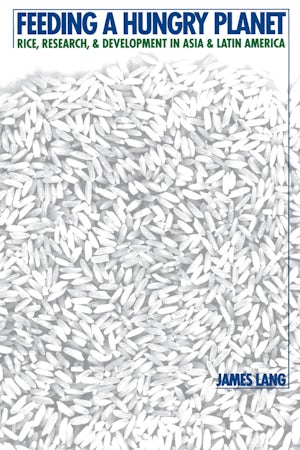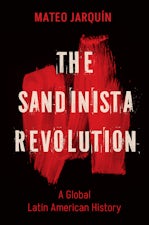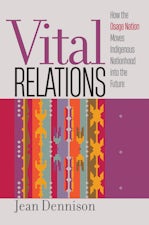Feeding a Hungry Planet
Rice, Research, and Development in Asia and Latin America
By James Lang
204 pp., 6.125 x 9.25, notes, index
-
Paperback ISBN: 978-0-8078-4593-6
Published: October 1996 -
E-book EPUB ISBN: 978-0-8078-6271-1
Published: November 2000 -
E-book PDF ISBN: 979-8-8908-6590-8
Published: November 2000
Buy this Book
- Paperback $42.50
- E-Book $29.99
Lang views agriculture as a chain of events linking the farmer's field with the scientist's laboratory, and he argues that rice cultivation is shaped by different social systems, cultures, and environments. Describing research conducted by the International Rice Research Institute in the Philippines and by the International Center for Tropical Agriculture in Colombia, he shows how national programs tailor research to their own production problems. According to Lang, the interaction of research programs, practical problem solving, and local extension efforts suggests a new model for international development.
About the Author
James Lang, associate professor of sociology and Latin American studies at Vanderbilt University, is author of Inside Development in Latin America: A Report from the Dominican Republic, Colombia, and Brazil.
For more information about James Lang, visit
the
Author
Page.
Reviews
"One learns of progress and problems that both include and transcend agriculture, and that affect us all. The style and substance will stimulate thought in many disciplines and empower the general reader to consider the role of rice and of agriculture in our world."--Choice
"A social and technical history. . . . A good story and an excellent read."--New Scientist




